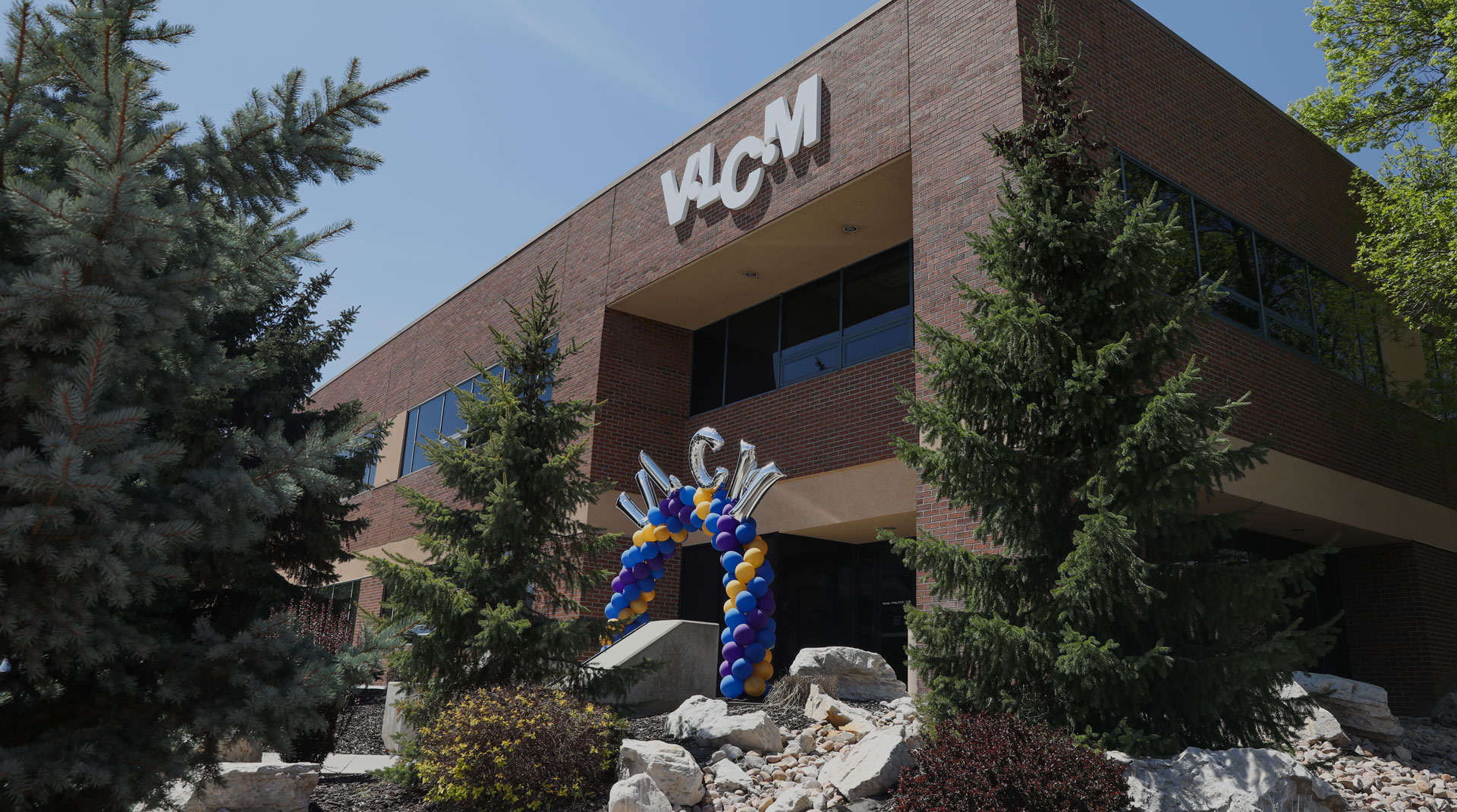VLCM Foundation has been around, in one form or another, for 11 years. Things have been moving quickly in cancer research. To see just how fast, we thought we'd list out the major accomplishments in the field since the year we began raising money for Huntsman Cancer Institute.

2007
- Researchers discover a new target for drug development in non-small cell lung cancer.
2008
- Scientists discover how to use blood tests to non-invasively monitor the progression of even early-stage cancers.
- Some researchers confirm that sequencing all the genes in a tumor cell could help identify possible targets for new medications.
2009
- Tanning devices that emit UV rays are found to be carcinogenic.
- Congress gives the FDA the legal authority to regulate the tobacco industry.
- The FDA approves a second vaccine to prevent HPV (a virus which can cause cancer, especially cervical cancer) based on science funded by the National Institutes of Health.
2010
- The first immunotherapy treatment is approved for use by the FDA. It is a vaccine that stimulates a cancer patient's immune system to attack prostate cancer cells. This remains the only cancer vaccine approved for cancer treatment to date.
- A study shows that CT scans reduce lung cancer deaths in a large group of current and former smokers by about 20%, because tumors can be detected and treated.
2011
- A new immunotherapy technique leads to complete responses in 2 patients with a kind of leukemia called chronic lymphocyte leukemia.
- The first drug to treat myelofibrosis is approved by the FDA.
- The FDA approves the first immune checkpoint inhibitor--an immunotherapy drug. It was created to announce advanced melanoma.
- The FDA approves the first new drug for Hodgekin lymphoma in 30 years. It is the first drug specifically to treat a kind of Hodgekin lymphoma called anaplastic large cell lymphoma.
- A study finds that aspirin, when taken regularly, may reduce with risk of several cancers. It also showed that the risk of cancer spreading to distant places was lower.
2012
- A second immune checkpoint inhibitor has dramatic results results in clinical trials: it drastically shrunk tumors in patients with melanoma, kidney cancer, and advanced non-small cell lung cancer.
- A study shows that people over the age of 55 who are screened for colorectal cancer had a 21% lower chance of developing cancer in the first place and a 26% lower change of dying due to cancer.
2014
- Researchers develop a method to screen patients' blood for cancer cells that broken off from tumors. It is called liquid biopsy. It can also be used to observe how patients' treatments are progressing and help researchers understand why some peoples' cancer treatments stop working after a period of time.
- A study analyzing the genetic changes in more than 30 kinds of cancer discovered that stomach cancer--which had previously been thought of as one distinct disease--is actually 4 different, separate kinds of cancer. This could potentially lead to development of a new classification system for all cancers in which they are understood by their genetic changes rather than simply by the location in which tumors appear.
- An immunotherapy treatment sees a 92% response rate in non-Hodgekin lymphoma.
- In a study of another immunotherapy drug, 32% of patients with a type of leukemia (called B-cell acute lymphoblastic leukemia) showed complete remission for about 6.7 months.
- Patients with advanced melanoma had a 90% response rate to a combination of two immunotherapy drugs.
2015
- 3 new immunotherapy treatments are approved for non-small cell lung lung cancer.
2016
- The FDA approves liquid biopsies for use.
- The first drug targeting cancer cell's ability to avoid dying is approved by the FDA. In trials, 80% of patients responded to the drug.
2017
- The first gene therapy for cancer is approved. Gene therapy modifies a patient's immune cells to target cancer cells. It only needs to be given once to any given patient--even though the cells eventually die, they multiply as all cells do before cell death occurs. Because of this multiplication, the effects of the therapy last over time, or possibly even grow greater over time. This particular therapy is useful in young patients with a type of leukemia called acute lymphoblastic leukemia.
Overall
- Over the last 11 years, the FDA has issued nearly 250 approvals related to cancer treatment and diagnosis. Some of these are for new drugs, some for old drugs used in new ways, and others for new tests--like the liquid biopsy.
- Fewer U.S. adults are currently smoking--in 2007, this figure was 20% of U.S. adults. In 2018, that number has fallen to 15%
- Cancer death rates overall have fallen.
Cancer research and treatment look quite a bit different now from the way they did when we started. We're so in awe of how far science and medicine have come, and look forward to more years of the same until cures are found.

 0 Comments
0 Comments
